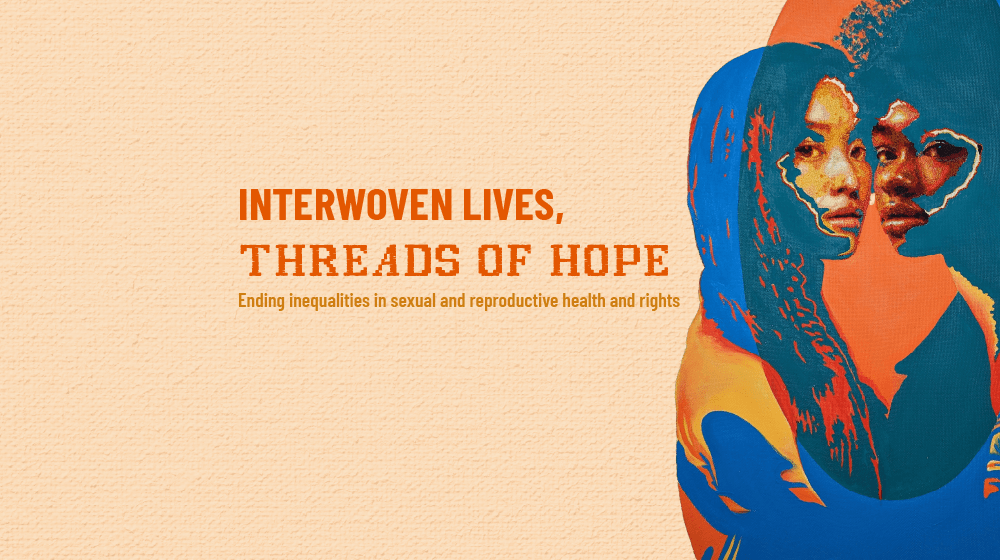YEREVAN, 17 April 2024 – Thirty years after the international community agreed on an ambitious programme to put people’s sexual and reproductive health and rights at the heart of global development, massive inequalities persist and millions of people, generally among the most disadvantaged population groups, remain excluded from the significant progress recorded overall across all world regions.
This is the conclusion of UNFPA’s flagship State of World Population report, which this year analyzes how far countries globally, and in the wider European region, have come in implementing the groundbreaking Programme of Action adopted by the International Conference on Population and Development (ICPD) in Cairo in 1994.
“The report’s findings show that too many people haven’t benefited from the gains we have made in ensuring that women and young people are empowered to make decisions about their bodies and health and have access to the services and information they need,” said Florence Bauer, UNFPA’s Regional Director for Eastern Europe and Central Asia.
“To close these gaps, we must end the still-widespread discrimination of women and other disadvantaged groups and the stereotypes, biases and stigma that feed it.”
In the wider European region, fewer women die giving birth, have children when they are still teenagers, and face problems with access to contraceptives, according to a recent regional review report:
- Maternal mortality almost halved from an average of 22 to 12 deaths per 100,000 live births between 2000 and 2020
- Adolescent birth rates dropped by nearly 50 per cent from an average of 20.3 to 12.6 births per 1,000 women aged 15 to 19 years between 2000 and 2020
- The share of reproductive-age women who have their needs for family planning satisfied with modern methods increased from a median value of 66.7 per cent in 2000 to 75.9 in 2022.
But the State of World Population report also points out that progress has slowed in some areas, or even reversed, and that the most affluent and privileged have generally seen much greater gains than those less well-off.
- Progress in reducing maternal mortality has slowed in the wider European region, and there has been an increase in maternal deaths between 2015 and 2020 in 18 of 52 countries with data
- The use of modern contraceptives remains extremely low in parts of Eastern Europe and Central Asia; in five countries more than half of women do not use any form of contraception
- One in four women of reproductive age cannot exercise autonomy in making decisions about their bodies and health
- 160,000 people were newly infected with HIV in Eastern Europe and Central Asia in 2022, a 49 per cent increase since 2010 and the largest increase of any region in the world during this period.
- Women and girls with disabilities are up to 10 times more likely to experience gender‐based violence, including sexual violence.
- The share of individuals believing it is justifiable for a man to beat his wife has increased over time in half of countries in the region with data, especially among younger people.
Research from 25 countries around the world shows that barriers to health care have fallen more quickly for women of higher socio-economic status, and less quickly for those belonging to disadvantaged groups. In Albania, for example, gains in access to health care have been faster for richer than poorer segments of society, and more pronounced for ethnic Albanians than for minority groups such as Roma.
“Millions of people in this region are held back from fulfilling their potential by often overlapping forms of discrimination and marginalization,” said Ms. Bauer. “Removing these barriers is not only a human rights imperative, but crucial for putting countries in a better position for dealing with the demographic changes they are facing.”
With many countries in the region experiencing low birthrates and, increasingly, population decline, measures to better integrate women, minorities and other marginalized groups into the economy and public life are becoming ever more important.
UNFPA supports countries in Eastern Europe and Central Asia with strengthening their resilience to demographic change, including through investments in human capital and greater inclusion of marginalized communities.


